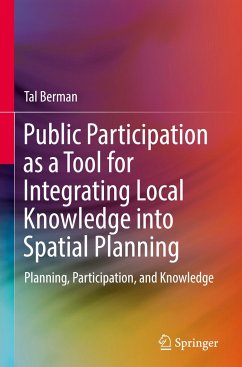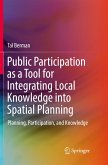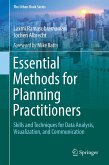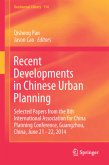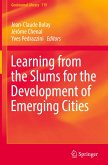This book provides a state of the art approach to participatory planning, and generates innovative thought in planning theory and knowledge study. The book introduces a new conceptual framework for participatory planning, one which redefines concepts that have been taken for granted for too long: those of "public participation" and "local knowledge". It draws on the rich repertoire of public participation practices that have developed globally over the last 50 years, and investigates the following questions: Which participatory practices most effectively capture residents' genuine spatial needs, perceptions and desires? And how can these be incorporated into actual plans? The book is based on an empirical comparative examination of the effectiveness of various participatory processes, and proposes practical solutions for public participation through two new instruments: the Practices Evaluation Tool, and the Participatory Methods Ladder. These instruments calibrate participation methods according to certain criteria, in order to improve their ability to extract local knowledge and incorporate it into planning deliverables. These new instruments correspond to and elaborate on Arnstein's ladder - the 1969 theoretical landmark for participatory planning. Both academics and practitioners in the area of urban and regional planning will find this book to be an invaluable resource, given the way it develops both theoretical and practical cutting-edge outcomes.
Bitte wählen Sie Ihr Anliegen aus.
Rechnungen
Retourenschein anfordern
Bestellstatus
Storno

